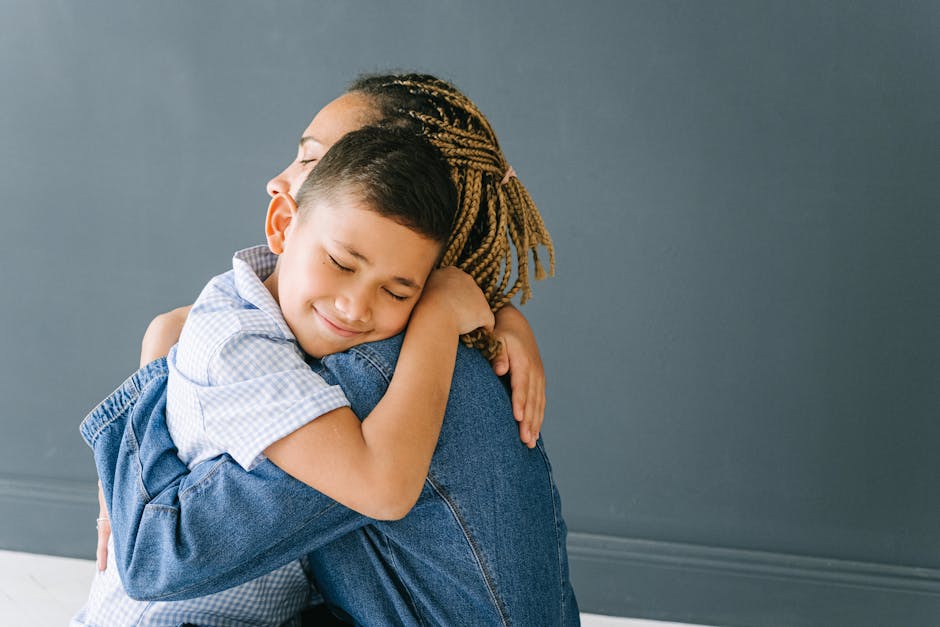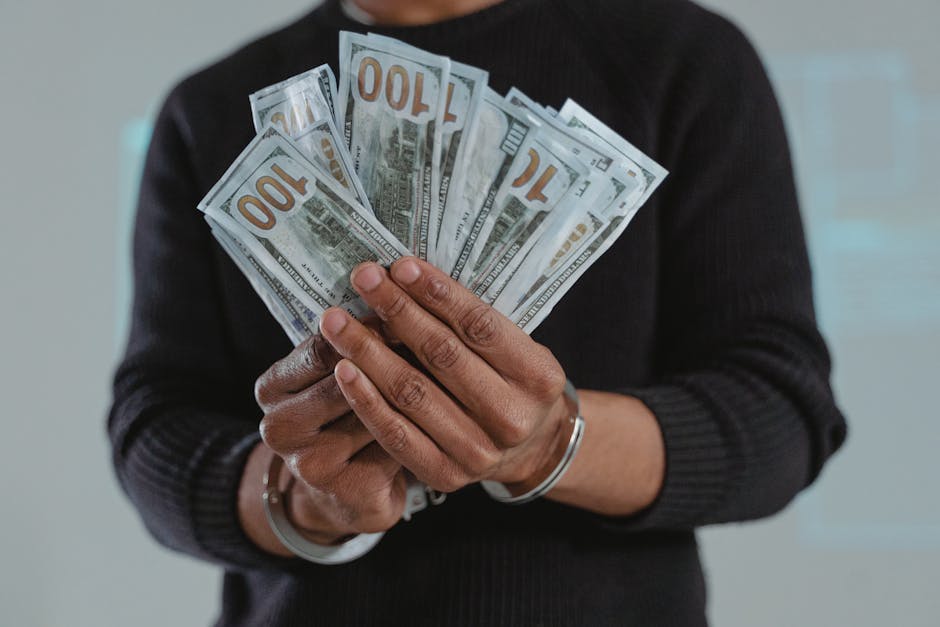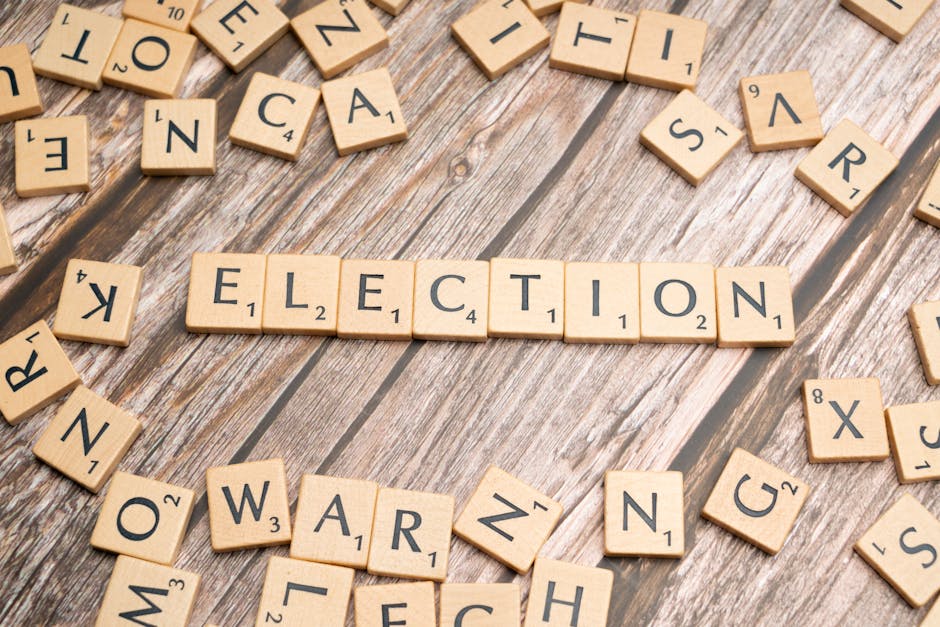Supreme Court Hears Free Speech Challenge to Conversion Therapy Ban
In a pivotal case that could redefine the intersection of free speech and LGBTQ+ rights, the Indian Supreme Court is set to hear a legal challenge to the ban on conversion therapy. This controversial practice, widely discredited by medical experts, aims to alter an individual’s sexual orientation or gender identity. While supporters argue the ban infringes on free speech and religious freedom, critics maintain it’s essential to protect vulnerable individuals from harm.
The Legal Argument: Free Speech vs. Protection
The case, which has ignited nationwide debate, was initiated by religious groups and conversion therapy practitioners. They argue that the ban violates their constitutional right to free speech under Article 19(1)(a) of the Indian Constitution. They claim that offering counseling to individuals seeking to “change” their sexual orientation is a form of expression protected by law.
The Harm of Conversion Therapy
On the opposing side, LGBTQ+ activists and mental health professionals have condemned conversion therapy as pseudoscientific and dangerous. Research shows the practice can lead to severe psychological distress, including depression, anxiety, and suicidal ideation. In 2021, the Indian Psychiatric Society (IPS) declared that homosexuality is not a mental illness and called for an end to conversion therapy. States like Kerala and Tamil Nadu have already banned the practice, citing its harmful effects.
Global Context and Cultural Intersections
The Supreme Court’s decision comes amid a global reckoning with conversion therapy. Countries like Canada, Germany, and New Zealand have outlawed the practice, while others are considering similar measures. In India, the debate is particularly complex due to cultural and religious factors. Many religious groups view homosexuality as incompatible with their beliefs and argue for the right to counsel individuals accordingly.
Scope of the Ban and Concerns
Petitioners have raised concerns that the ban could extend beyond conversion therapy to include any discussion of sexual orientation, potentially stifling religious and moral discourse. LGBTQ+ advocates, however, emphasize that the ban targets coercive and abusive practices, not open dialogue. “This is about protecting vulnerable individuals from proven harm, not limiting free speech,” said Arjun Mehta of the Rainbow Alliance.
Far-Reaching Implications
The Supreme Court’s ruling could significantly impact LGBTQ+ rights and free speech in India. Upholding the ban would reinforce LGBTQ+ protections, building on the 2018 decision that decriminalized homosexuality. Conversely, a ruling in favor of the petitioners could allow the continued practice of conversion therapy, undermining efforts to safeguard LGBTQ+ individuals.
A Delicate Balance
As the hearing unfolds, the judiciary faces the challenge of balancing competing rights and interests. The outcome will shape India’s legal landscape and send a powerful message about the nation’s commitment to equality and human rights.




